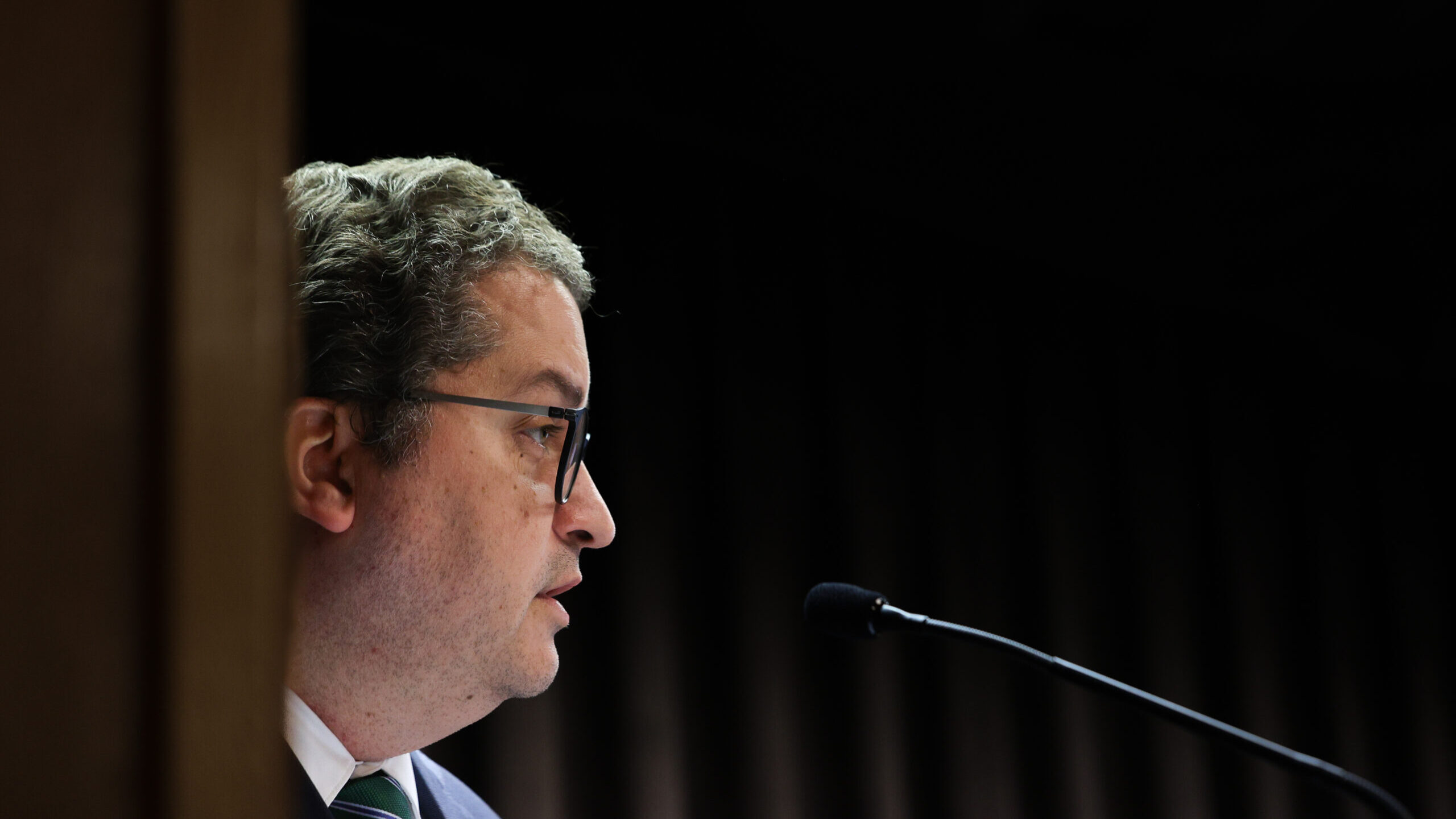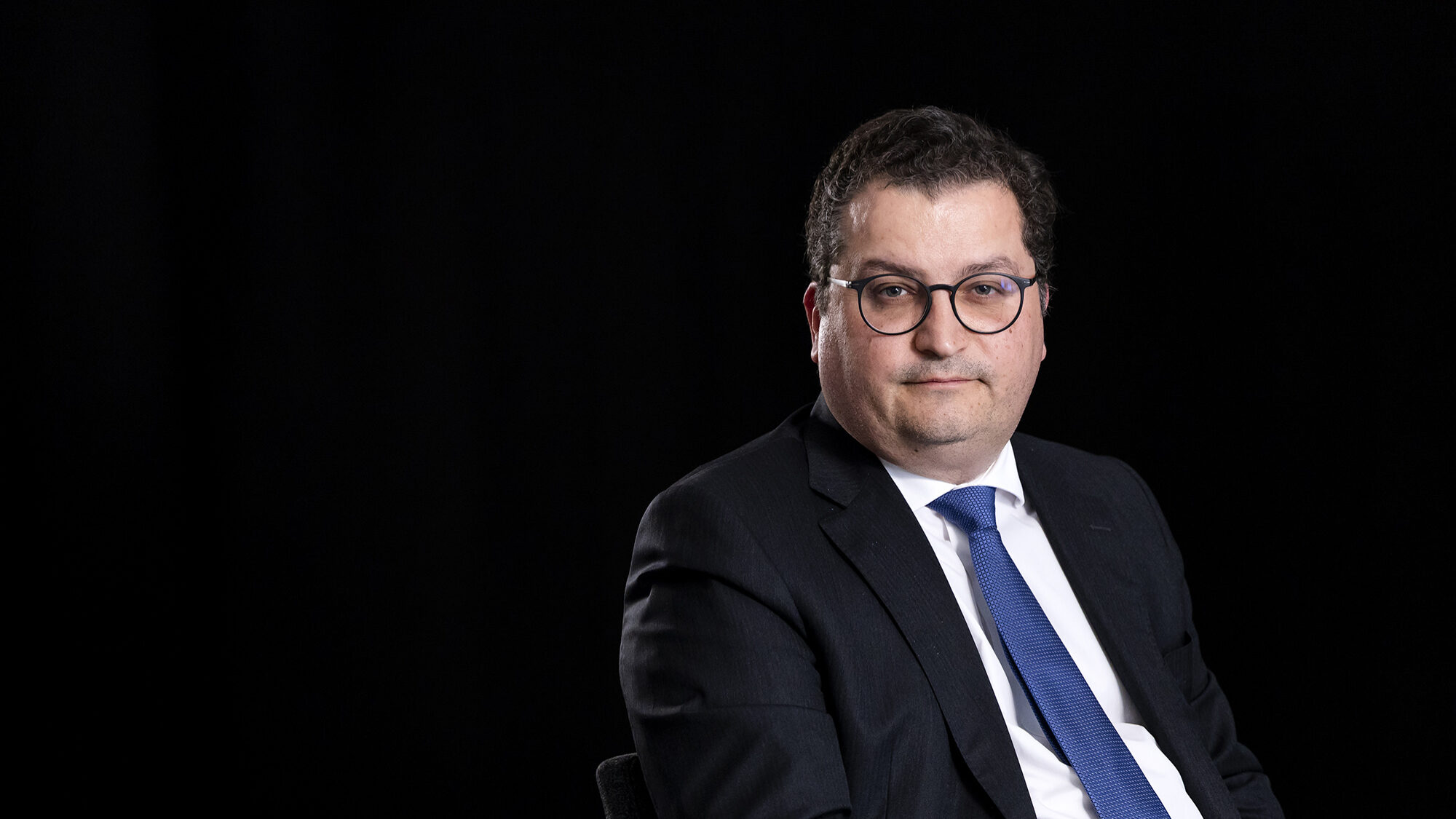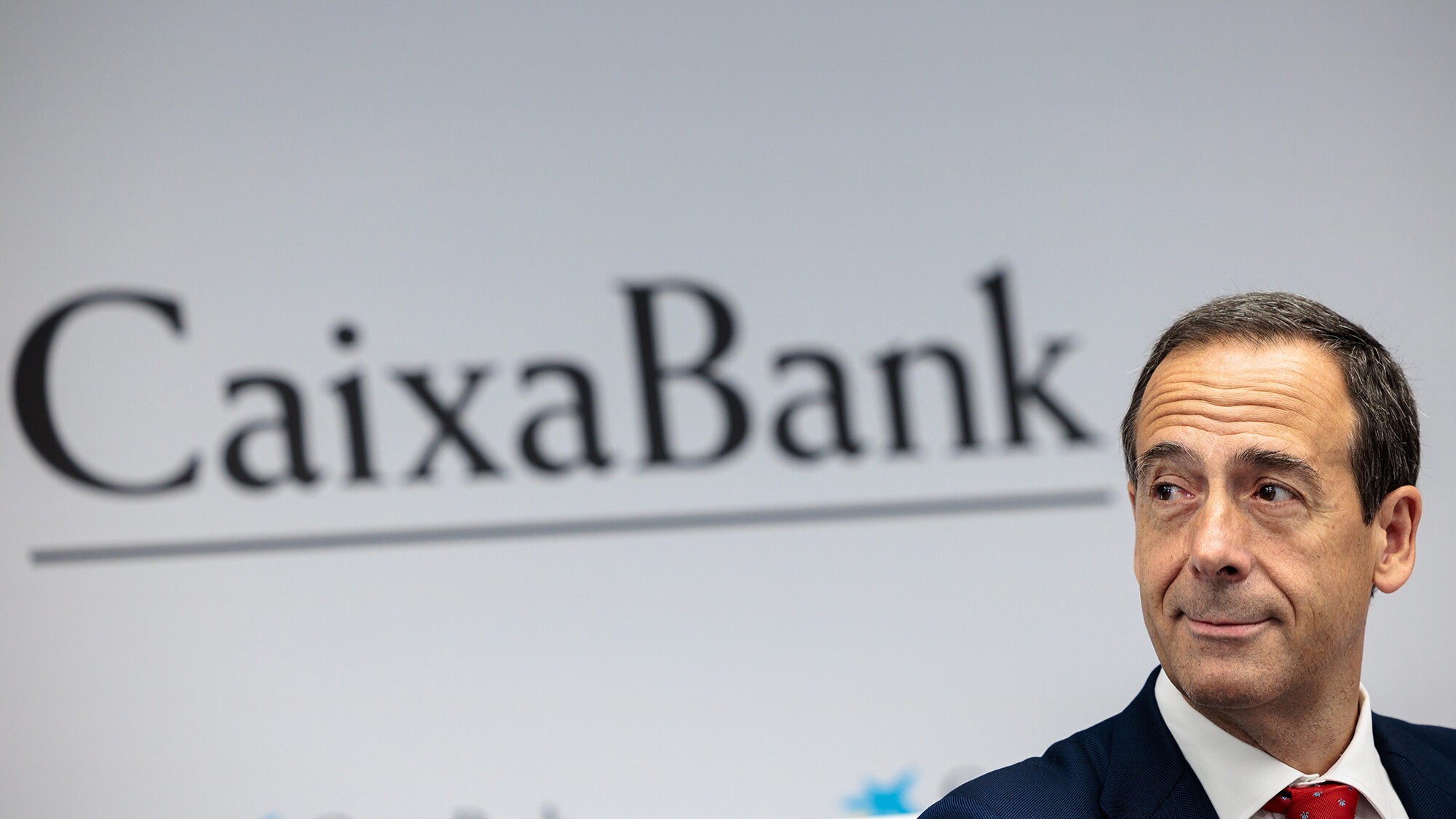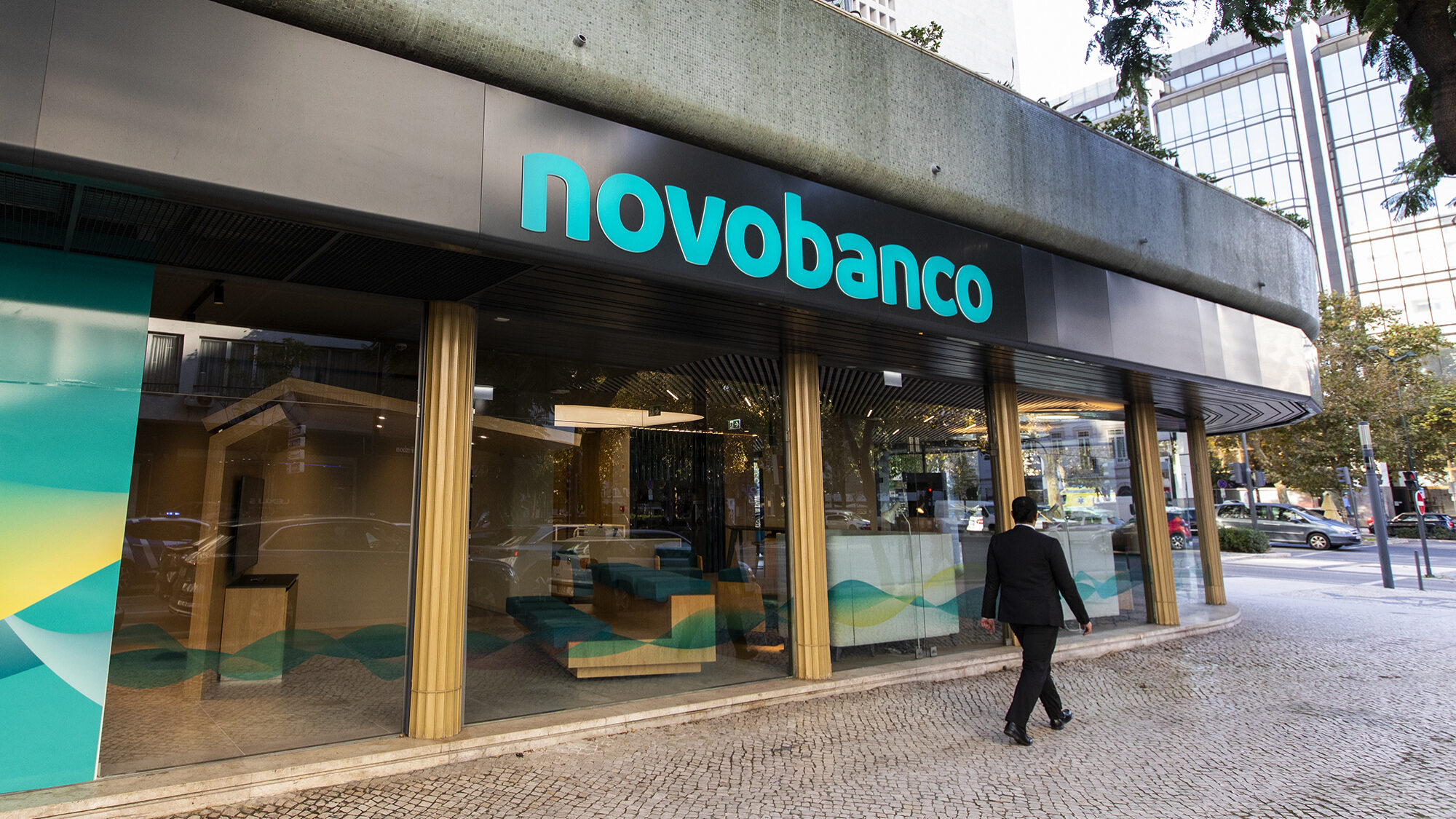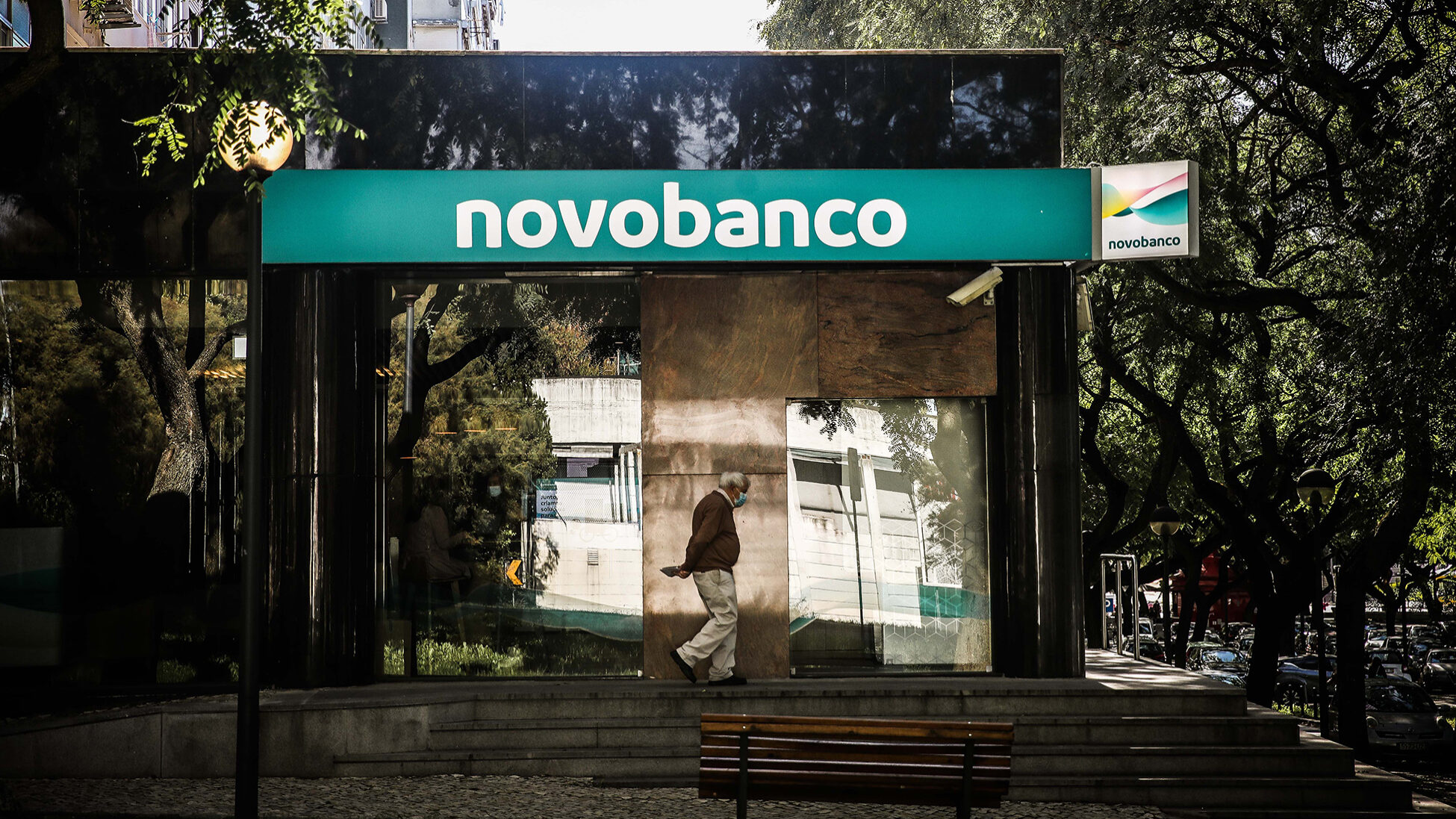CMVM analysis of Novobanco IPO prospectus is in advanced stage
Even with a direct sale on the table, Lone Star continues to take steps towards an operation on the stock exchange. The possibility of a listing will be approved by the shareholders next week.
The interest of Spain’s Caixabank in Novobanco has reinforced the likelihood of Lone Star opting for a direct sale, but preparations for a public offering on the stock exchange (IPO) continue. According to what ECO has learnt, the bank has already submitted the prospectus for the operation to the Portuguese Securities Market Commission (CMVM), and the analysis is at an advanced stage.
Any operation to sell securities to investors requires the prior approval of a prospectus by the capital market supervisor, with detailed information about the company, and the submission of various documents. The process usually involves several exchanges of information between the CMVM and the issuer, in this case Novobanco. The evaluation of the prospectus is already at an advanced stage, according to ECO.
When asked about the process, the supervisor replied that “the CMVM is subject to duties of secrecy, so it cannot comment on the existence or otherwise of any prospectus approval procedures in progress” and pointed out that “prospectuses approved by the CMVM are published in the CMVM’s Information Dissemination System when issuers begin their respective offers of financial instruments”.
Novobanco’s shareholders — the US fund Lone Star, the Resolution Fund and the Directorate-General for the Treasury and Finance (DGTF) — will decide next Wednesday, June 4th, on the admission of the shares to trading on the Euronext Lisbon regulated market. The extraordinary general meeting will also approve a “full revision of the statutes” in order to fulfil the requirements to be listed.
The conditions therefore exist for Novobanco to go ahead with an IPO — which could involve between 25% and 30% of the bank’s capital — in the coming weeks, if it so chooses, but the window of opportunity is closing. The depth of the market for this type of operation fades from the end of June and doesn’t return until September. The bank’s plans include the option of not making the offer until after the summer.
Despite the volatility that has marked recent months, the sector is on a strong run on the stock exchange, with the Euro Stoxx Banks index appreciating by around 38% since the start of 2025, the third consecutive year of gains. The bank, which is being advised by Bank of America, Deutsche Bank and JPMorgan Chase, has stated that the timing of an IPO will be determined by market conditions.
The option for dispersion on the stock exchange would be the most ‘peaceful’, but the possibility of a direct sale has gained strength in light of the interest of Caixabank, which in Portugal already owns BPI. The Spanish group has already hired Morgan Stanley and the consulting firm Deloitte to evaluate the operation.
The government has already made it public that it would not view the operation favorably. In an interview with public television channel RTP last week, the Finance Minister, Joaquim Miranda Sarmento, stated that “it is in the country’s interest that there is no excessive dependence, no excessive concentration of the [Portuguese] banking sector in the hands of banks from a single country like Spain”. Sources heard by ECO admit that the statements may make the Spanish group think twice, but should not make it give up on the operation.
Caixa Geral de Depósitos (CGD) could also be included in the equation. Although he believes that “any possible issue of Novobanco will be handled by the shareholder” – that is, the Portuguese State –, the CEO reiterated, in the last results presentation, that the public bank will analyse the operation, subscribing the Government’s view that “it is not healthy for Portugal to have 50% of the banking sector in Spanish hands”. Paulo Macedo warned, however, about the complexity of the operation, since, for competition reasons, some segments of Novobanco’s business would have to be separated and sold to third parties.
The topic was also addressed by the CEO of BCP in the results presentation. Miguel Maya stated that the bank would be available to analyse the operation if it were a direct sale.
The Bank of Portugal has shown a preference for a solution that does not represent a concentration of risk. “For us, it is important that there is competition and that ideally we do not have banks that are exactly the same as each other and dependent on the same sources of risk and shareholders,” said vice-president Clara Raposo during the Banking on Change conference, organized by ECO on May 6th in Lisbon. A few months earlier, in February, governor Mário Centeno expressed his preference for an IPO: “I see [an IPO] as a good result for the functioning and competitiveness of the banking sector.”
Groupe BPCE is also considering acquiring Novobanco, as ECO reported in April. The French group owns the investment bank Natixis, which has a shared services and technological innovation center in Portugal, as well as institutions such as Banque Palatine, Caissed’Épargne, Banque Populaire and Le Crédit Coopératif.
